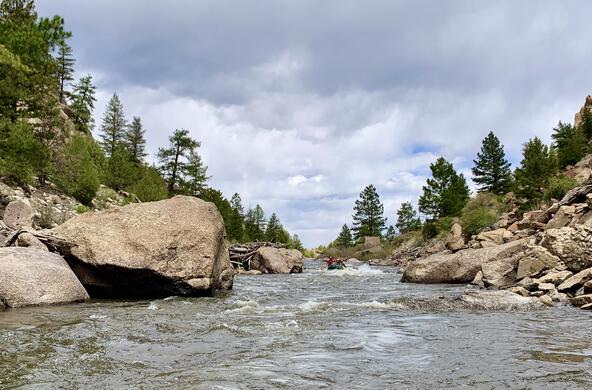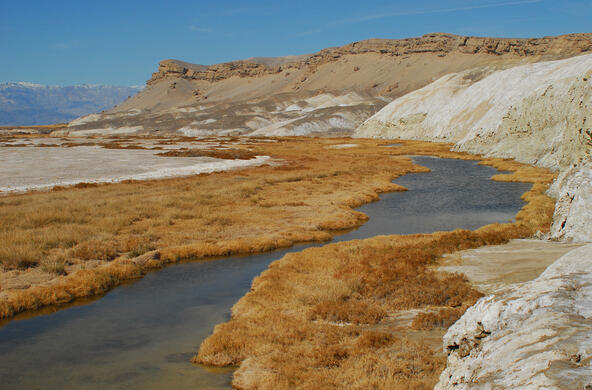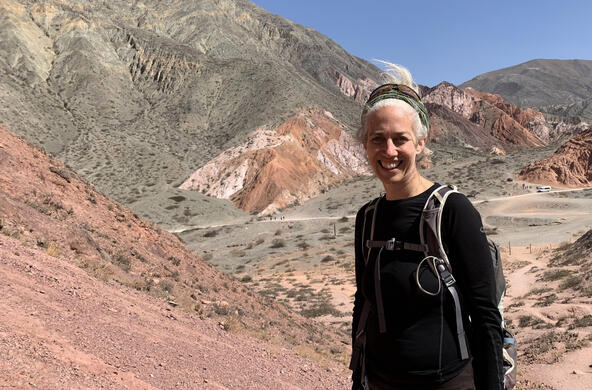With the cold temperatures of the past few days, one might think it would take sheer gall for me to write a column about global warming. It is easy to believe that warmer winters might simply translate into a reduction in flu-related illness and fewer injuries from ice-covered roads and sidewalks. But climate change will affect more than the daily temperature, and we'd better prepare for its full range of impacts.
By now most of us are aware that southern states, such as Georgia, are experiencing serious droughts. Water-rationing, a concern historically regulated to places like Arizona, is now commonplace even in North Carolina. Our New Year's guests, residents of Raleigh-Durham, relayed stories of 30-day water supplies. They are watering their garden with discarded cooking water. Dry reservoirs are linked to climate change, and the Northeast is not immune.
Each spring, our region's reservoirs are recharged by melting snow. As winters warm, and less snow fall accumulates, winter water inputs will be lost as runoff. Reductions in spring snow melt will mean that we will have less water at our disposal in the summer, when domestic water use and evaporation are the greatest. This will be a tragedy for farmers; a lack of soil moisture is destined to lead to lower crop yields.
For cities like Poughkeepsie, which depend on the Hudson River for drinking water, snow melt reductions could lower river flow, increasing the influence of saline water from the river's tidal estuary. This could be compounded by sea-level rise, which will cause salt water to extend upriver. Are we prepared for the possibility that Hudson River water could be too salty to drink when it arrives at the water treatment plant? Do we have an alternative?
A warmer climate will also usher in a variety of human health issues. Longer summers will be a boon for insects, including those that transmit disease. Because insects mature faster and live longer in warm climates, they have a longer window for transmitting diseases to humans. In some parts of the US, we can expect to see a reemergence of diseases that are now associated with tropical climates. West Nile virus itself is not attributed to global warming, but a warmer climate will result in an increase in the mosquitoes that transmit it.
During the summer months, ozone is a pollutant throughout much of Dutchess County. Its increase can trigger asthma and emphysema, compromising lung function in affected individuals. Ozone is formed in the atmosphere when nitric oxides—emitted largely from automobiles and coal-fired power plants—come into contact with volatile organic compounds from trees, ultraviolet sunlight, and heat. Warmer summer temperatures are likely to result in increased ozone pollution.
Recently, the Union of Concerned Scientists issued a report on climate change impacts in the northeastern United States. They suggest that we look carefully at the water-supply and human health issues currently facing cities such as Richmond, Raleigh, and Atlanta to see our own vulnerability to global warming.
In the future our heating bills may be lower, but the societal impacts of global warming will create new costs and concerns for all of us. Most models that project future climate change indicate an increased frequency of extreme weather events—floods, droughts, snowstorms and the like. Each of these will carry associated costs to human health and infrastructure, which are likely to appear in high tax rates for community services.







